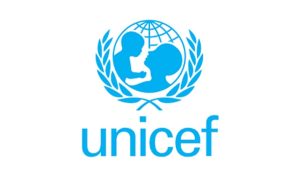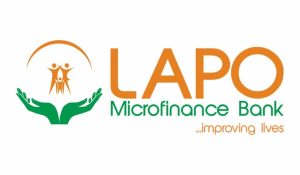
Sustainable solutions for Nigeria’s food inflation
The astronomical rise in food prices in Nigeria demands urgent intervention from federal and state governments, not only to stabilize the economy but also as a moral imperative for corporate social responsibility (CSR) from both public and private sectors.
In its latest report, the National Bureau of Statistics (NBS) revealed sharp price increases in staples such as beans, eggs, bread, and rice throughout October 2024, highlighting a critical issue that transcends economic metrics and directly impacts human welfare.
Food inflation continues to outpace the headline inflation rate, exacerbating an already dire situation. While overall inflation stood at 33.88% in October, food inflation surged to 39.16%. The average price of essential items tells a grim story: 1kg of brown beans rose by 254.23% year-on-year to N2,798.50; a dozen medium-sized agric eggs increased by 140.21% to N2,671.60; and 1kg of local rice soared by 137.32% to N1,944.64. These price hikes disproportionately affect vulnerable populations, intensifying poverty and food insecurity across the country.
Beyond the numbers, the spiraling cost of basic food items has battered the purchasing power of ordinary Nigerians, forcing difficult trade-offs between food, shelter, and other essentials. At least 87 million Nigerians—38.9% of the population—live in poverty, according to the World Bank, while 133 million endure multidimensional poverty as reported by the NBS. These figures underscore the urgent need for coordinated efforts to alleviate the suffering of millions.
Food insecurity remains a persistent challenge. UNICEF estimates that 25 million Nigerians are at high risk of hunger, with projections indicating this number could climb to 31.5 million during acute periods. Contributing factors include insecurity, climate change, and persistent inflation. The 2023 Global Hunger Index categorized Nigeria’s hunger level as “serious,” ranking the nation 109th out of 125 countries.
Addressing this crisis requires a holistic approach that includes robust CSR initiatives from both public and private entities. While the Federal Government has taken steps such as releasing 42,000 metric tonnes of corn, sorghum, and millet to support vulnerable households, and establishing 42 food hubs in Lagos to provide subsidized goods, these measures only scratch the surface of the problem.
To achieve meaningful impact, the government and businesses must adopt a more strategic approach to food security. Private sector players, especially in agriculture and retail, must align their CSR efforts with community needs by investing in sustainable farming practices, supporting local supply chains, and ensuring fair pricing mechanisms.
Nigeria should look to efficient agricultural models from within Africa and globally to combat food inflation and ensure sustainability. Leveraging technology for smarter farming, expanding access to credit for smallholder farmers, and improving logistics for food distribution are key areas where both government and corporate entities can make a difference.
Strengthening Nigeria’s security architecture is equally vital. Insecurity disrupts agricultural activities, further constraining food supply. The government must empower the police and other security agencies to protect farmers and enable a thriving agricultural sector.
The Federal Government’s plan to reduce the number of taxes from over 60 to nine is a step in the right direction, but swift implementation is necessary to relieve economic pressure on businesses and consumers alike. Lower taxes on agricultural products and essential goods can stimulate production and reduce costs for end-users.
Food security is not just an economic challenge but a CSR obligation that requires proactive collaboration between government agencies, private enterprises, and civil society. Policymakers must prioritize comprehensive interventions, businesses must adopt responsible practices, and advocacy groups must amplify the voices of those most affected.
The hardship brought on by hyperinflation presents a unique opportunity for Nigeria to champion innovative, ethical solutions. By addressing systemic inefficiencies and promoting shared responsibility, stakeholders can pave the way for a more resilient food ecosystem and a more equitable society.
CSR REPORTERS notes, inaction is not an option. As the cost of living continues to rise, so too does the urgency to act. Through concerted efforts and a strong commitment to CSR, Nigeria can turn this crisis into an opportunity to build a stronger, more inclusive nation.








